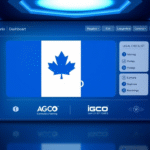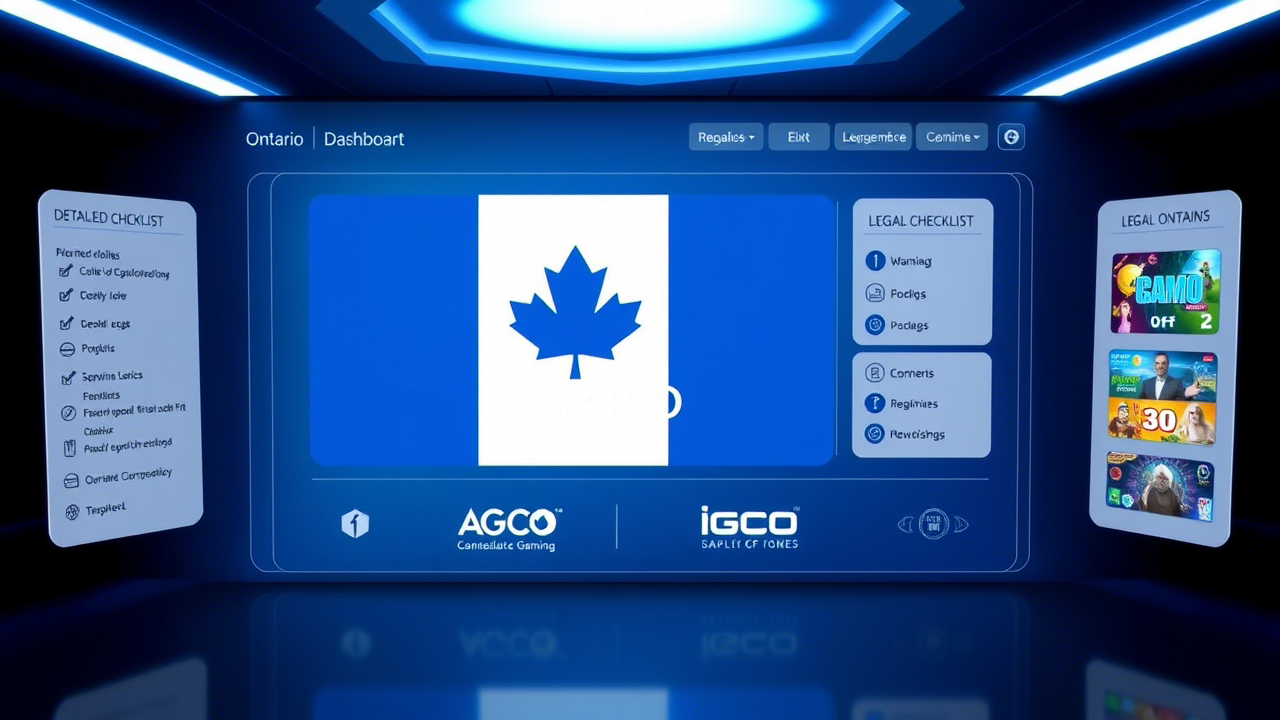Introduction: Curaçao Grows Up—Finally
For years, a Curaçao license was seen as the “easy mode” for iGaming operators: low cost, fast approval, minimal oversight. But in 2025, the narrative has shifted.
The Curaçao government—under pressure from the EU, Financial Action Task Force (FATF), and international watchdogs—has completely overhauled its licensing regime. Gone are the shady sub-license systems. In are direct licenses, AML audits, KYC standards, and transparency measures that rival Tier 1 jurisdictions.
If you’re planning to secure a Curaçao license in 2025, this guide will walk you through everything—step-by-step—under the new rules.
Why Choose Curaçao (Even Under Stricter Rules)?
Curaçao is no longer the wild west of gaming licenses—but it still offers real advantages:
- 🌍 Global Access: Accepts international players, including crypto-friendly markets
- 💸 Lower Costs than MGA/UKGC: Still among the most affordable
- 🕒 Faster Time to Market: 8–12 weeks average, vs 4–6 months in Malta
- 🤝 Stable, Transparent Framework: Now a legitimate alternative to traditional regulators
- 📈 Improved Investor Confidence: Post-reform licensing makes Curaçao-based startups fundable
The Major Change: Direct Licensing Is Now Mandatory
Since September 1, 2024, sub-licenses are no longer valid. All operators must apply directly to the new Curaçao Gaming Control Board (GCB) under the updated legislation—the National Ordinance for Games of Chance (LOK).
If you’re currently operating under a master license, you must transition to a direct license or risk being shut down.
Step 1: Choose the Right License Type
Under the new Curaçao regime, there are two core license types:
| License Type | Who It’s For |
| B2C Operator License | For casino/sportsbook operators serving end users |
| B2B Supplier License | For software providers, aggregators, payment processors |
A B2C license includes casino games, sports betting, lottery betting, and skill games. Each vertical requires specific technical documentation.
Step 2: Incorporate a Local Entity in Curaçao
You must establish a Curaçao-based entity—not just a shell company. This requires:
- Registering with the Chamber of Commerce
- Appointing at least one local director
- Maintaining a physical presence or office
- Employing key personnel (MLRO, Compliance Officer, Data Officer)
Most startups engage a licensed Corporate Service Provider (CSP) who can bundle company formation, local directors, and office setup.
Step 3: Prepare Your Documentation
The application process is far more comprehensive under the LOK. You’ll need:
1. Corporate Documents
- Certificate of Incorporation
- Shareholder structure
- Articles of Association
- Proof of capital (minimum: ~$50,000 depending on vertical)
2. Personal Due Diligence
- Clean police certificates (less than 3 months old)
- Notarized passport copies
- Source of wealth declaration
- CVs and references of directors/shareholders
3. Business Plan
- Revenue model
- Player protection systems
- Bonus mechanics
- Dispute resolution process
- Responsible gaming measures
4. Technical Documentation
- Game certifications
- RNG testing (GLI, iTech Labs, etc.)
- Server location and infrastructure
- Security protocols (ISO/PCI DSS compliance)
Step 4: Submit the Application to the GCB
How to Apply:
- Applications are submitted via the GCB Licensing Portal
- You’ll be assigned a compliance officer from the GCB
- All documents must be submitted in Dutch or English
Licensing Fees (2025):
| Fee Type | Amount (USD) |
| Application Fee | $5,000 (non-refundable) |
| Annual License Fee (B2C) | ~$25,000 – $35,000 |
| Key Person Licensing | $1,500 per person |
| Compliance Audit (annual) | Variable, avg $10,000 |
⚠️ Note: The GCB has discretion to reject applicants who do not demonstrate robust AML and RG policies.
Step 5: Undergo a Compliance Audit
Before going live, you’ll be subject to a pre-launch audit. This includes:
- Testing of RNG and game fairness
- Review of KYC/AML workflows
- Payment flow and player fund segregation
- Real-time reporting mechanisms
- Data storage and GDPR-like safeguards
🛡️ The GCB is prioritizing player protection, AML monitoring, and transparency—expect to show evidence of affordability checks and automated fraud detection.
Step 6: Launch Under Oversight
Once approved, your license is valid for 5 years, with annual reviews. Your obligations include:
- Filing quarterly reports
- Reporting suspicious transactions
- Cooperating with international watchdogs (FATF, CFATF)
- Hosting servers in compliant jurisdictions (EU, Curaçao, etc.)
- Having a local Data Protection and Compliance Officer
Operators found to be offering services in restricted jurisdictions (e.g. US, Netherlands) without permission will be blacklisted and penalized.
Crypto & Curaçao: What’s Allowed in 2025?
Curaçao remains crypto-friendly, but not crypto-blind. Under the new rules:
✅ You can accept crypto (BTC, ETH, stablecoins)
✅ You must partner with registered fiat ramps or exchanges
✅ All crypto players must undergo full KYC/AML
✅ No anonymous wallets or mixer-based deposits
💡 Bonus Tip: Consider integrating AML-compliant tools like Chainalysis or Elliptic to monitor crypto flow.
How Long Does It Take?
With the new system in place, the average licensing timeline in 2025 is:
| Stage | Time Estimate |
| Company Setup | 2–3 weeks |
| Document Prep | 2–4 weeks |
| Application Review | 6–10 weeks |
| Audit + Final Review | 3–6 weeks |
⏱️ Total Time: 3–5 months (if you prepare thoroughly)
Common Mistakes to Avoid
❌ Submitting incomplete documents
❌ Listing fake key personnel or using shadow directors
❌ Not documenting AML and KYC systems
❌ Offering untested or uncertified games
❌ Targeting blacklisted countries without geo-blocking
🧠 Pro Tip: Use a compliance consultant or legal team experienced in Curaçao’s new framework. 2025 is not the year to cut corners.
Comparison: Curaçao vs. MGA vs. Isle of Man
| Feature | Curaçao (2025) | Malta (MGA) | Isle of Man |
| Cost | ✅ Lower | ❌ Higher | ❌ Higher |
| Crypto-Friendly | ✅ Yes | ⚠️ Limited | ✅ Yes |
| Approval Time | ✅ 3–5 months | ❌ 4–6 months | ❌ 5–7 months |
| EU Market Access | ❌ Indirect | ✅ Direct | ❌ Limited |
| Regulation Level | 🟡 Moderate | 🟢 High | 🟢 High |
Curaçao’s new rules strike a balance between flexibility and compliance—perfect for startups and crypto-native operators.
Conclusion: Curaçao 2.0 Is Legit—and Worth It
2025 marks a new era for Curaçao as it transforms from a licensing loophole into a legitimate, regulated hub for serious operators.
If you’re looking for a faster route to market, want to operate legally in crypto and grey markets, and can meet the new transparency demands, securing a Curaçao license under the new regime is a smart move.
Just be ready to play by the new rules.











